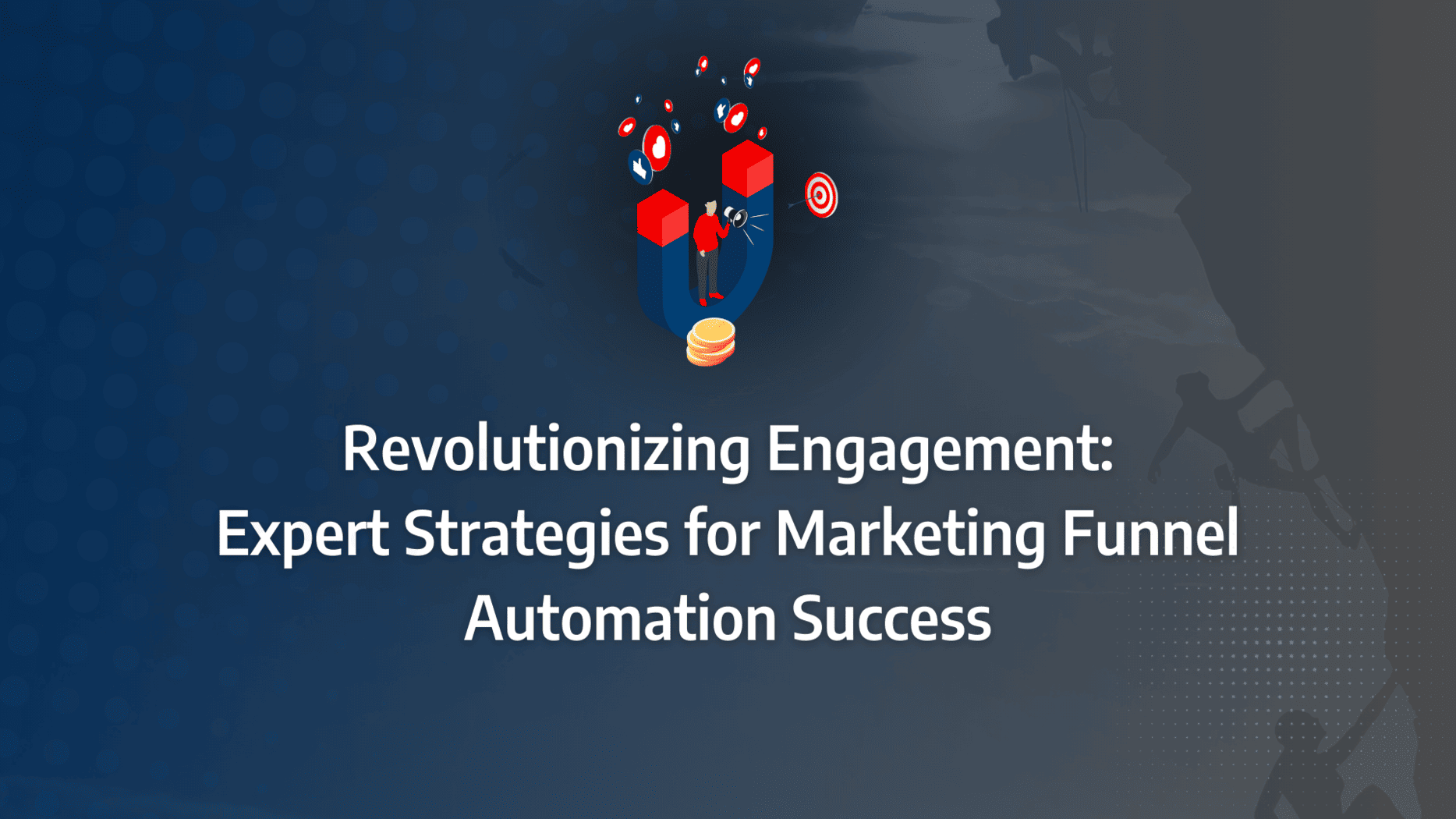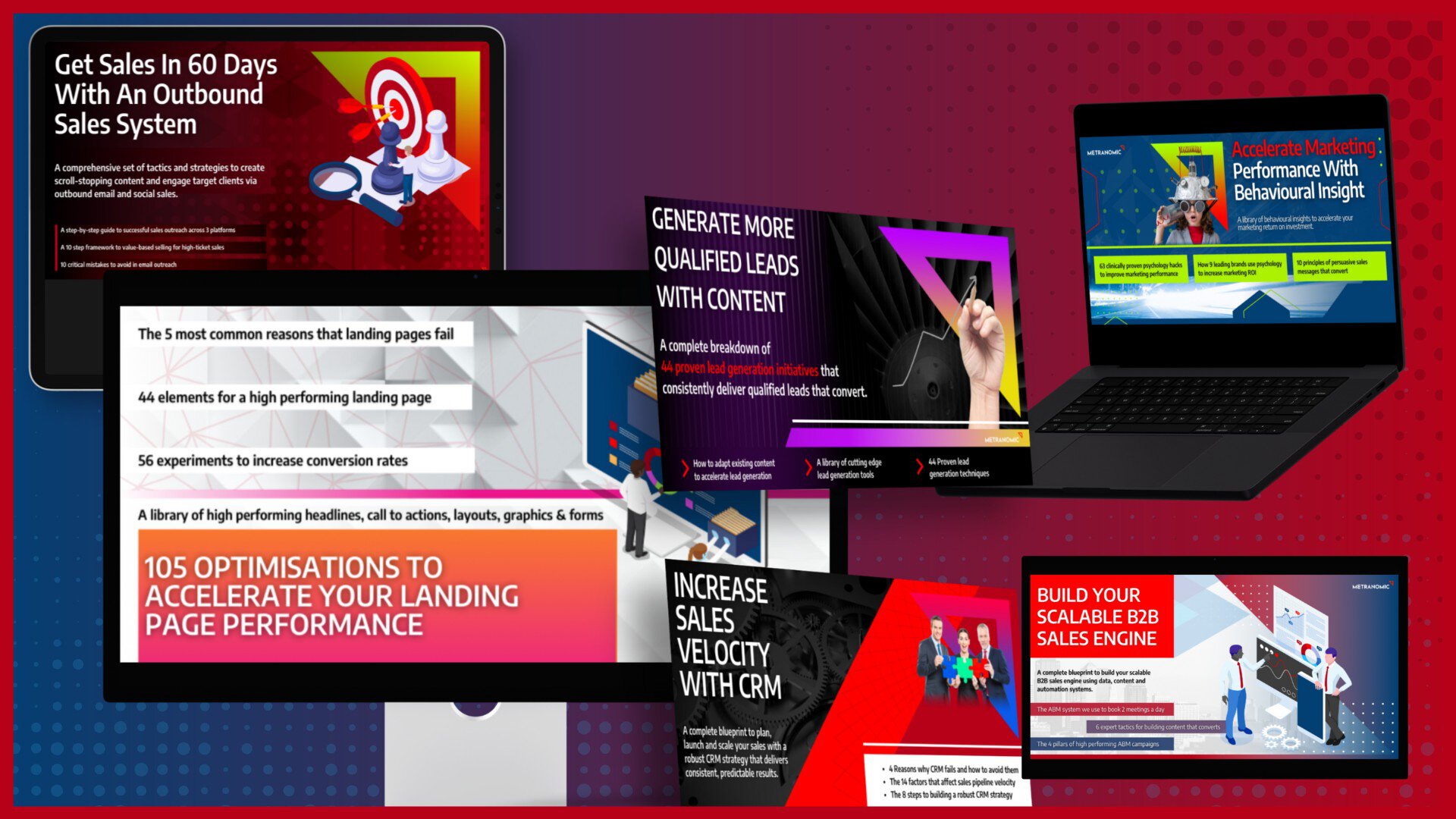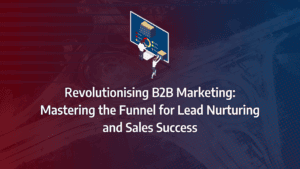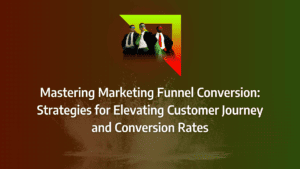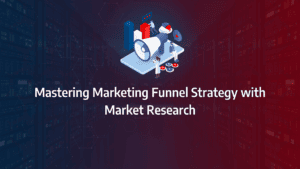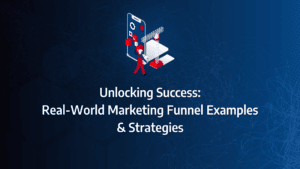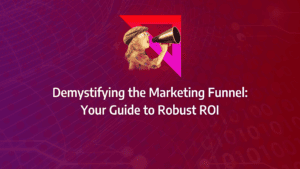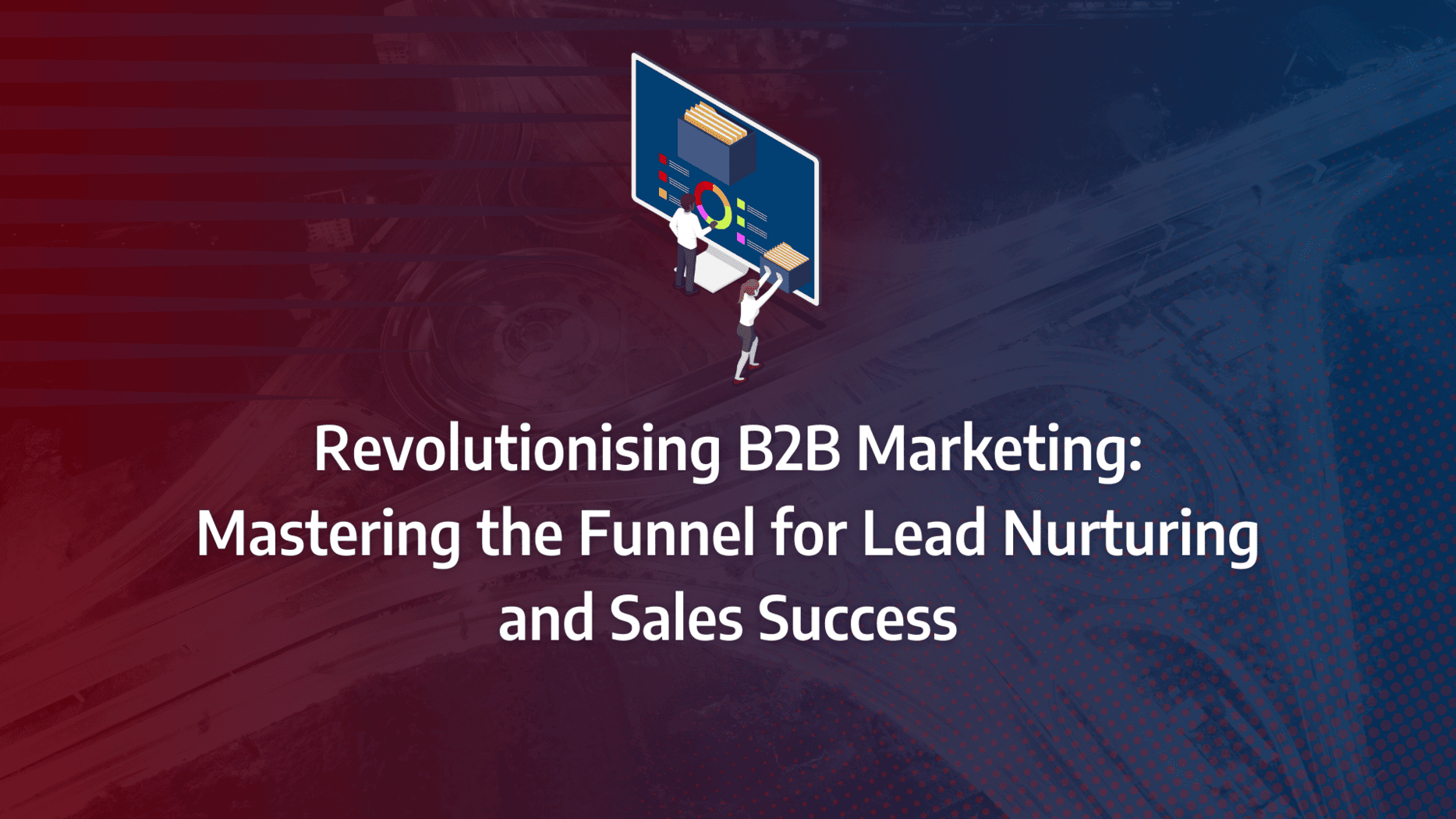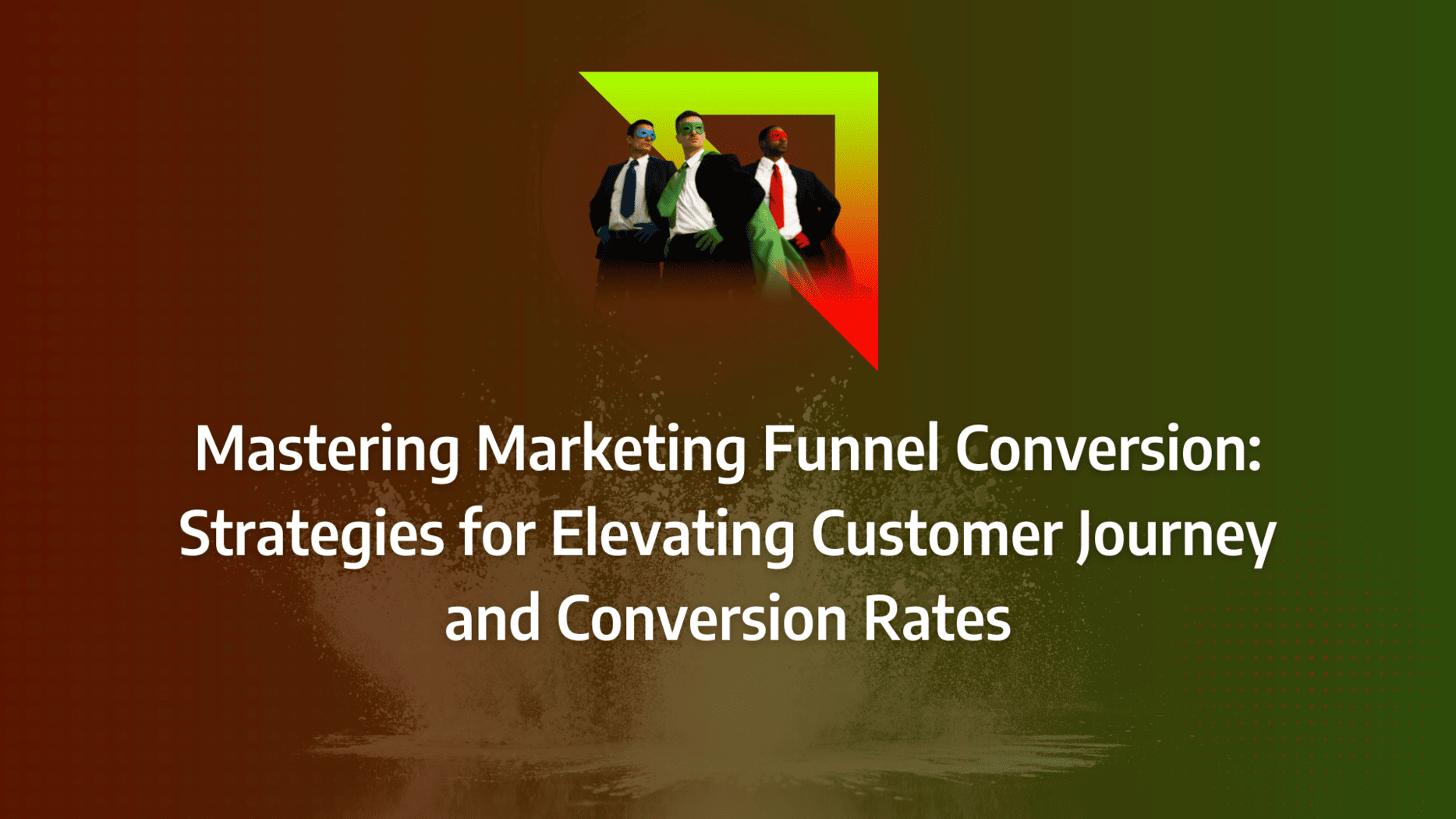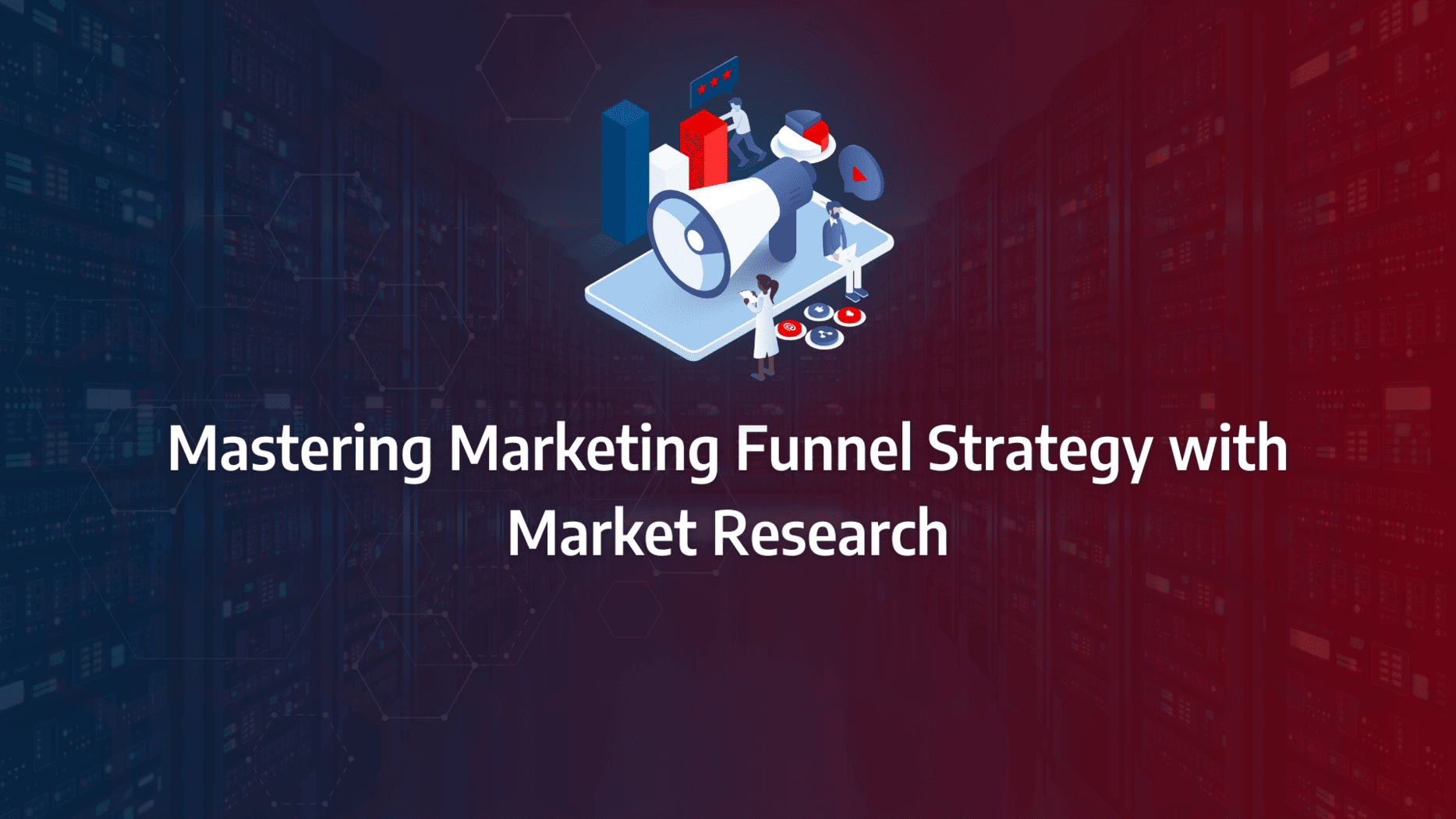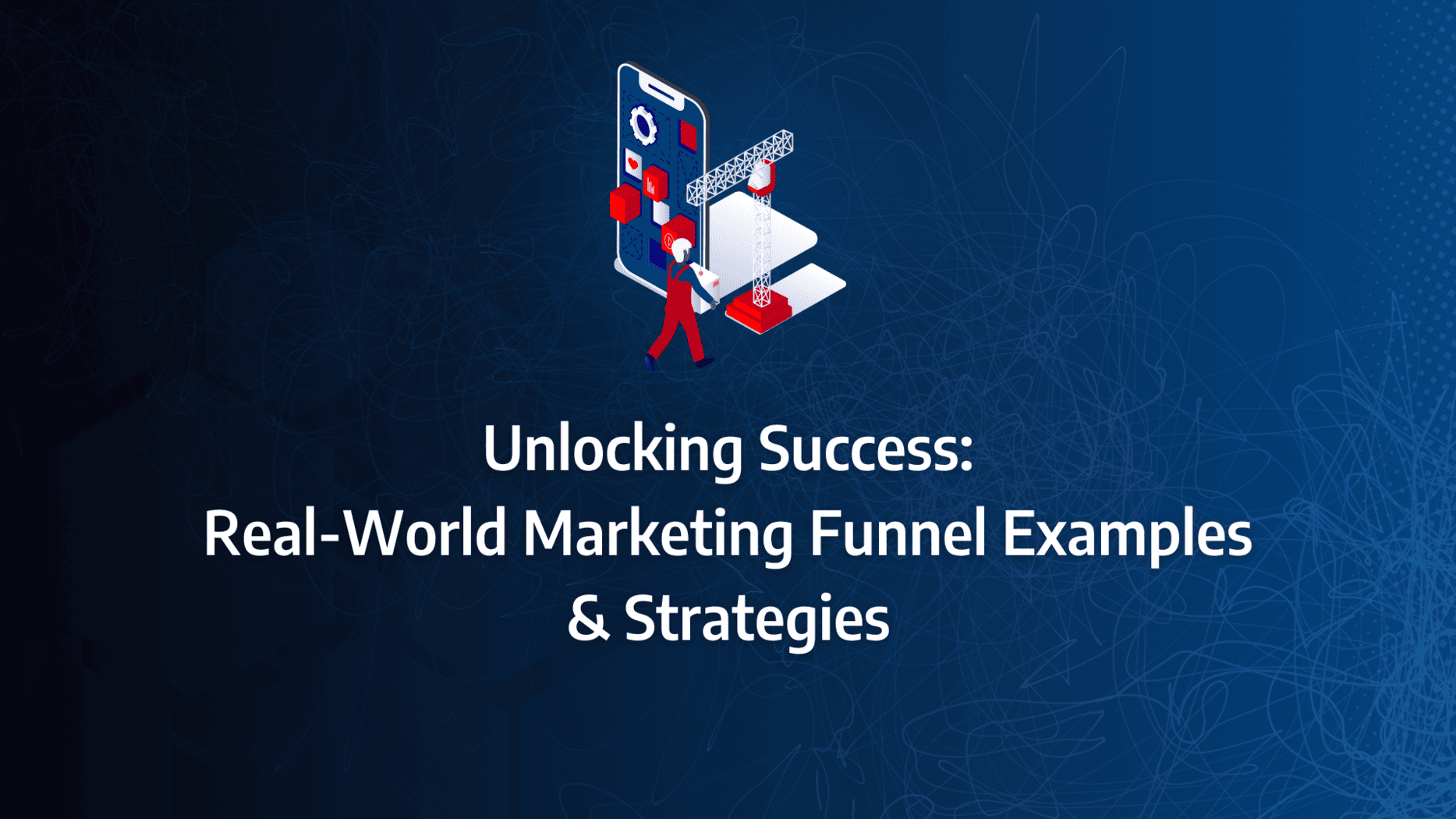Are you struggling to align your marketing and sales efforts, or finding it difficult to streamline your lead nurturing processes? Marketing funnel automation might just be the game-changer you need. By integrating cutting-edge tools and strategies, you can revolutionise how your business engages with potential customers, driving more efficient and impactful conversions.
In this guide, we delve into the frameworks and technologies that are transforming the marketing landscape, offering you step-by-step strategies and real-world examples to help you achieve seamless automation. Discover how successful businesses are leveraging these techniques to optimise their funnels and see measurable returns on investment.
- Implementing marketing funnel automation can streamline your lead nurturing processes, improving efficiency and alignment between marketing and sales teams.
- Utilise customer segmentation and personalised content to enhance the effectiveness of your automated marketing funnels.
- Leverage the right tools and technologies to ensure smooth integration and maximise the impact of your automation efforts.
- Address common challenges in marketing funnel automation, such as data integration and user adoption, with practical solutions.
- Continuous optimisation through A/B testing and performance monitoring is crucial for maintaining the effectiveness of your automated funnels.
- Measuring ROI is essential—focus on tracking key metrics to evaluate the success of your marketing funnel automation.
How has the marketing funnel evolved to meet modern consumer needs?
The conceptualisation of the sales funnel dates back to 1898, introduced by Elias St. Elmo Lewis. He delineated the customer journey into the now-familiar stages of awareness, interest, desire, and action (AIDA), a methodology that remains relevant to this day.
Despite the passage of over a century, the essence of the sales funnel has remained constant, though slight modifications have arisen as organisations such as HubSpot, Moz, and Forrester have refined the model.
Beyond the Conventional: The Evolved Marketing Funnel
Traditional models suggest a linear purchase journey, a notion still applicable yet markedly transformed to better cater to the dynamic needs of today’s consumer. Distinct variations in marketing funnels among different companies underscore a move away from outdated models.
Today’s marketing funnel extends beyond the point of purchase, advocating for continuous engagement through strategic marketing growth tactics and acknowledging the non-linear nature of modern consumer engagement.
The Evergreen Principles of the Marketing Funnel
The primary aim of any marketing funnel—to drive sales and generate revenue—has stood the test of time. This fundamental mechanism is vital for any entity selling products or services. Traditionally encapsulating stages of awareness, where customers first encounter the brand; interest, as they begin to engage with the product; decision, determining the necessity of the purchase; and action, the final commitment to buy.
However, today’s marketing funnel incorporates additional layers, seamlessly guiding the customer through an enriched, multifaceted journey towards the final transaction.
Modernising the Marketing Funnel with Automation
In today’s dynamic business environment, it’s crucial for every company to assess which channels enhance growth and which may be falling short. Ensuring that your digital marketing funnel is optimised for efficacy is pivotal.
The structure of the modern marketing funnel retains the traditional stages, yet their arrangement and execution have transformed. Brands are tasked not merely with attracting leads but also engaging them in a sequence that might not follow the conventional order, using diverse tactics.
Moreover, the evolution of the sales funnel has facilitated a more flexible entry for leads into any stage of the process, eliminating the necessity for leads to be sequentially ‘acquired’. This shift means that the customer journey has become an omnichannel adventure, where marketing funnel automation ensures readiness to meet customer needs at any moment.
For well-established organisations, the traditional sales funnel is often expanded to include additional steps:
- Awareness: The instant a lead encounters the product or service.
- Interest: Where leads show keen interest in the offerings.
- Evaluation: Leads compare the offerings against competitors.
- Consideration: Time is taken by leads to weigh all possible options.
- Desire: A decision by the customer that the product or service fulfils their needs.
- Action: The act of purchasing the product or service.
- Revaluation: Post-purchase, the customer reassesses the product’s or service’s value.
- Repurchase: Satisfied with the value, the customer returns to make another purchase.
What Matters Most?
Our clients often discover that nurturing leads through personalised content significantly enhances conversion rates, resulting in a more engaging experience. Additionally, mapping the customer journey before implementing automation helps us design funnels that truly cater to user needs, enabling more effective strategies that resonate with audiences and drive success.Get In Touch
What steps should I take to develop an automated marketing funnel?
Selection of Sales Channels
For those involved in field sales, face-to-face interactions are paramount. However, diversifying your channels to include telephone, email, and text messaging enriches your connectivity, allowing you to engage with potential customers via their preferred methods, all while leveraging the power of automation.
Crafting Effective Sales Scripts
It’s essential to tailor scripts for each communication channel utilised, from direct visits to telephonic conversations and digital communications. Effective sales scripts directly address the target audience, pinpoint their specific challenges, and emphasise the advantages of your offerings over mere features. Additionally, infusing a sense of urgency can significantly enhance the likelihood of converting prospects into buyers promptly.
Ensure your scripts are adaptable, facilitating personalised interactions that resonate on an individual level with each potential customer.
Strategising the Sales Sequence
Determine the timing and method of your interactions: when to meet in person, call, or send digital communications. For engagements via platforms like LinkedIn, integrate these touchpoints into your overall sales strategy effectively.
Consider this structured approach to planning your sales sequence:
- Day 1: Initiate contact with a phone call.
- Day 2: Follow up with an automated email.
- Day 3: Arrange an in-person meeting at their office.
- Day 4: Reinforce the connection with another phone call.
- Day 5: Conduct a follow-up meeting to discuss further details.
- Day 6: Send a follow-up text message to recap the discussions.
- Day 7: Make a final call to address any lingering questions or to close the sale.
Source: InvespCRO
Implementing Automation Software
With the primary structure of your sales funnel defined, the next step is automation. Utilising the appropriate software allows you to streamline processes not just operationally but also ensuring consistent follow-ups.
While direct interactions and calls require a personal touch, automated systems can manage emails, text messages, and social media engagements based on specific triggers, such as a prospect downloading content or interacting with an ad.
This methodology not only optimises the efficiency of the sales funnel but also ensures that interactions such as emails, texts, and social posts are systematically executed, enhancing the customer journey within the automated marketing funnel.
How can I prevent data issues while implementing marketing funnel automation?
The Peril of Utilising Impure Data
Data integrity is paramount in crafting a robust sales pipeline and implementing effective automation strategies. High-quality data is essential, yet not all companies have access to pristine datasets. Common pitfalls include:
- Duplicate entries
- Inconsistencies in naming conventions
- Outdated contact details
- Erroneous attribution
A notable issue arises when businesses rely on outdated email databases without periodic cleansing, resulting in duplicates, spam risks, and disengaged contacts. Such neglect can diminish engagement, escalate marketing costs, and damage your IP reputation.
Source: OmniSend
The Importance of Monitoring Automated Sequences
While automation aims to streamline operations, allowing teams to allocate time to strategic tasks, neglecting to periodically review these processes can lead to inefficiencies. It’s crucial to continually assess the performance of your automated systems to ensure they align with your business objectives and remain dynamic. Without regular audits, your automation strategy risks becoming obsolete, leading to diminished effectiveness.
The Risks of Overcomplicating the Funnel
Complexity within an online conversion funnel can be a double-edged sword. Each stage of the funnel demands decisions from potential buyers, and overly complicated funnels can overwhelm and deter engagement. This often results in higher drop-off rates as prospects may disengage at various stages due to confusion or decision fatigue.
Streamlining the funnel to maintain a clear path to conversion is essential in fostering user engagement and maximising conversion opportunities. Ensuring clarity and simplicity in the journey can prevent potential customers from feeling overwhelmed and abandoning the process.
Our Tactical Recommendations
We generally find that implementing multi-channel strategies is key, as it allows for engaging prospects across various platforms, enhancing overall funnel effectiveness. Clients often find that A/B testing their automated emails uncovers the most effective messaging, leading to better engagement. Moreover, segmenting your audience for targeted messaging typically results in higher engagement rates, making automated campaigns not just efficient but also impactful.Get In Touch
Optimal Technologies for Marketing Funnel Automation
Exploring the vast landscape of marketing automation software, it’s essential for brands to discern the tools that best align with their needs at each stage of their marketing funnel.
ClickFunnels
ClickFunnels stands out by enabling complete sales funnel management. This platform offers an array of templates and systems suitable for a wide range of services and products. With ClickFunnels, brands can effortlessly establish, optimise, and even handle payments within one integrated tool. Its standout feature is its user-friendliness, eliminating the need for a developer to deploy effective funnels. From B2B to e-commerce, brands simply select the appropriate industry and funnel type, such as event funnels or lead magnets, and customise to their specifications using the provided free or premium templates.
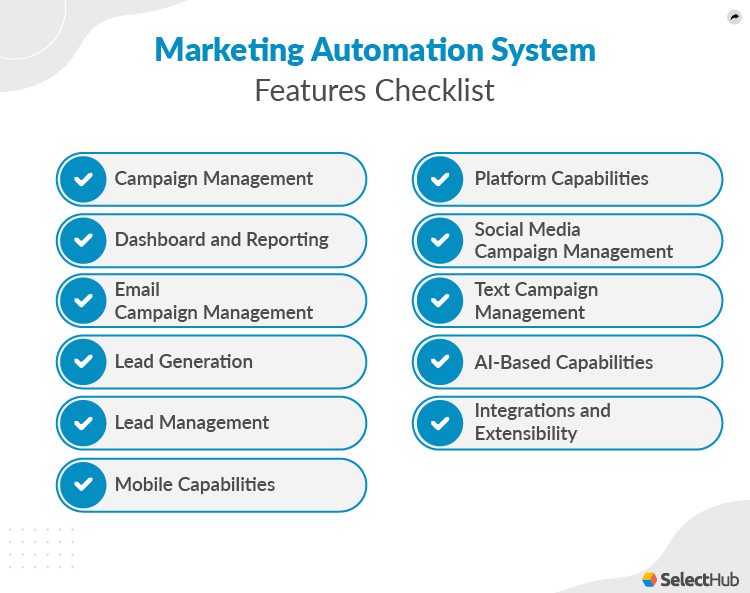
Mindmeister
Mindmeister aids in visualising marketing strategies by enabling brands to create detailed mind maps. Whether you’re piecing together complex funnel stages or planning campaigns, its features support robust design and collaboration:
- Build and customise funnels with unique fonts, colours, and images.
- Collaborative features allow team input and real-time adjustments.
- Share your strategic funnels directly on social platforms.
Funnelytics
For those seeking rapid and precise funnel mapping, Funnelytics offers an excellent solution. It simplifies the marketing process with tools that resolve common issues faced by marketers:
- Access to premium templates inspired by successful campaigns.
- A vault of free templates for various marketing needs.
- Intuitive icons for depicting different funnel stages and traffic sources.
